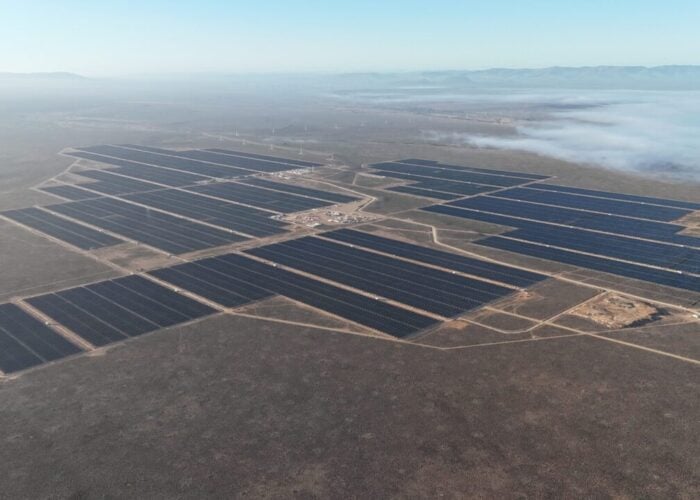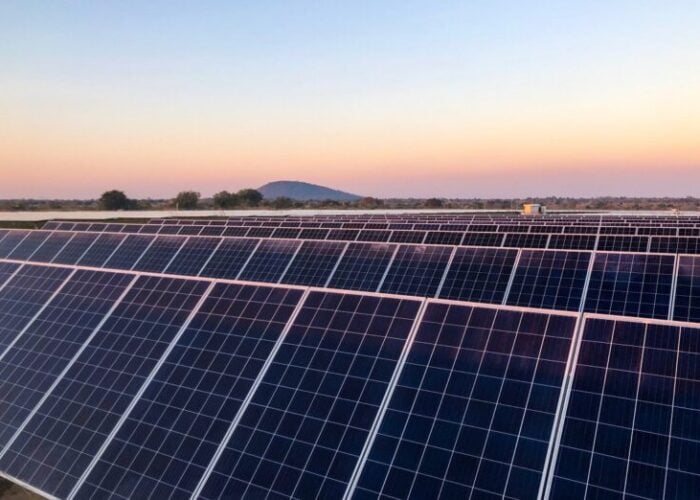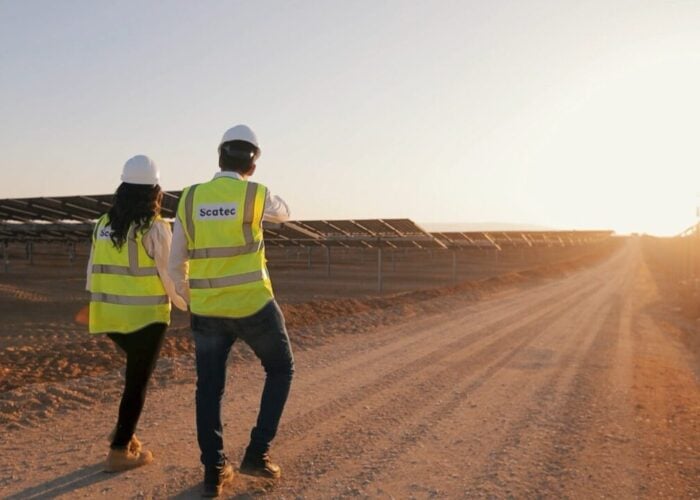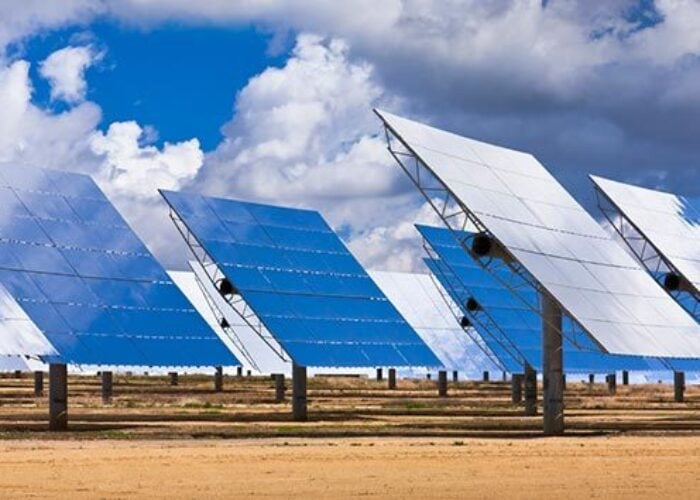
It’s the globe’s second largest continent, home to the some of the world’s fastest growing economies, and it has supplied precious resources to nations for hundreds of years – so why do today’s solar PV businesses find it so difficult to succeed in Africa? PV Tech spoke with Jon Sarpong, president of PV developer and consultancy Avior Global, about the challenges and opportunities for PV companies eyeing up the African market. Avior is currently developing a 20MW solar plant in Ghana and 100MW plant in South Africa, as well as partnering the Ghanaian government on up to 2,400 solar backup systems in the Shanti region.
Why do so many foreign companies have such a difficult time executing projects in Africa?
Try Premium for just $1
- Full premium access for the first month at only $1
- Converts to an annual rate after 30 days unless cancelled
- Cancel anytime during the trial period
Premium Benefits
- Expert industry analysis and interviews
- Digital access to PV Tech Power journal
- Exclusive event discounts
Or get the full Premium subscription right away
Or continue reading this article for free
Many companies have identified Africa as a growth market but haven’t identified the uniqueness of the region. A very big issue is that most companies really don’t know the African market. Although it may seem like one homogeneous region of the globe, Africa is in fact a diverse collection of countries, cultures, sub-cultures and histories. Understanding the specifics of your target market in terms of societal norms, language and religious practices is a crucial element required for business success. Many companies believe that they simply ‘know better’ than the indigenous population, and attempt to impose foreign thinking on the local populace.
“In Africa, all that matters is what you do on the ground”
Another huge issue is that many foreign companies have very weak in-country ground teams. In Africa, all that matters is what you do on the ground. Solar companies that believe they can work remotely from their headquarters abroad, while making progress on a project in Africa, will soon find they have no project at all.
Another mistake is to place your project in the hands of incompetent and so called ‘connected’ individuals; I’ve seen companies cheated out of hundreds of thousands of dollars based on the promises of ‘connected’ locals. In my opinion, an expert team with experience, as well as strong industry and political connections, is an absolute must for any successful project in Africa.
There are four words that strike fear in my heart concerning any project in Africa: “We’ve met the President.” Politicising your solar business or project can have several adverse effects resulting from the highly charged nature of politics in many African countries. The photo opp might seem great, but business may be hindered and suffer in the long run.
How can foreign PV companies avoid these pitfalls in Africa? What should they do to succeed?
A big part of success for foreign PV companies in Africa comes out of the foundational work they undertake before actually initiating projects. Taking the opportunity to have management and leadership exposed to cultural training is crucial because it exposes them to the normal business practices and cultural mores in specific Africa regions. It’s a big mistake to assume that what’s acceptable in an American or European context will have similar appreciation in an African context.
“Local developers must be seen as partners, and not just a necessary evil”
Also, since most of Africa’s PV industry is in a state of flux, companies must be flexible. The dynamic nature of life in Africa requires strong creative thinking and the boldness to adapt to circumstances. Companies unwilling to embrace change soon find themselves a victim of this evolution.
As well, foreign companies should undertake due diligence on the country, project specifics and potential local partners. If possible, use a third party that knows the market to identify the ‘talkers’ (those that promise but don’t deliver), ‘walkers’ (those who leave the project when challenges arise), and ‘blockers’ (those that will actually become a hindrance to the execution of your project). Once connected with the right local support, PV companies interested in the African market, must have the mindset of mutual respect, and mutually beneficial relationships. Local developers must be seen as partners in the enterprise, and not just a necessary evil.
How should developers approach the African opportunity?
It is crucial for PV developers to fully understand the forecasted energy generation mix for their targeted African markets. A country may be welcoming PV developers today, but can’t be sure what policy will look like in three years’ time. They must be aware of any hydroelectric resources due to come online and how this might affect tariffs.
“A patient man will eat ripe fruit”
Solar firms must have a long-term view of African markets. The transformation of many African nations may seem rapid; however, these nations are still built on ancient customs and traditions that infuse business practices. A long-term vision will allow companies to navigate the ups and downs that will definitely arise. As the African proverb relates, ‘a patient man will eat ripe fruit’ – and this sentiment seems appropriate for those PV companies that aim to establish solar technology as an impactful energy source in Africa.





